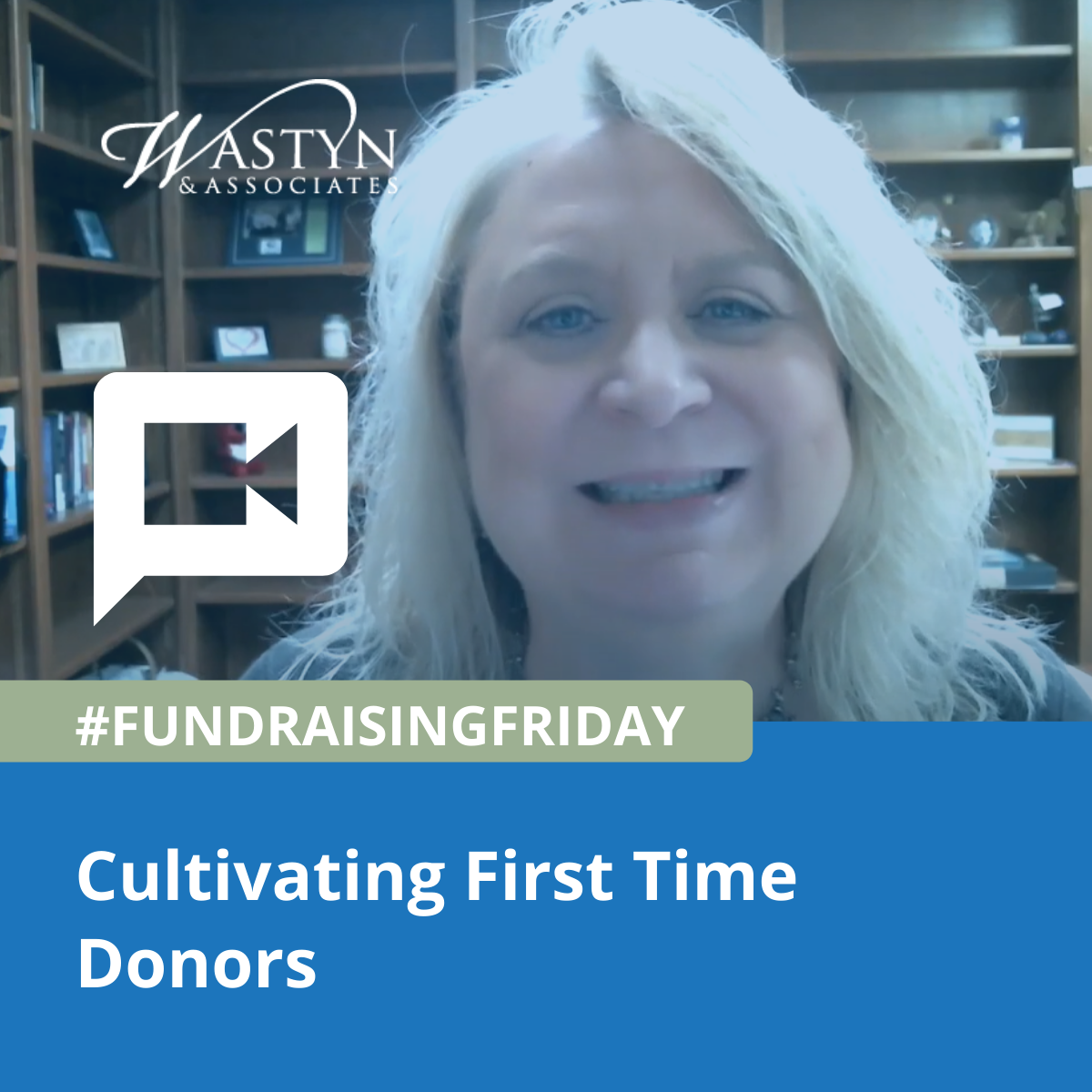Nonprofit Tips & Tidbits
Filter By: CATEGORY
Filter By: TYPE
- #FundraisingFriday 246
- Nonprofit Tips & Tidbits 219
- Donor Management 32
- Professional Development 29
- COVID-19 28
- Fundraising Asks 19
- Volunteers 18
- Major Gifts 17
- Grants 14
- Change Management 12
- leadership 11
- Events 10
- Annual Fund 9
- Self-Care 9
- Storytelling 7
- Giving Tuesday 6
- Onboarding 6
- Organizational Management 6
- Philanthropy 6
- Planning 6
- Stewardship 6
- Teambuilding 6
- iWave 5
- Crisis Management 4
- Marketing & Communications 4
- Writing 4
- Year End Giving 4
- Conflict Resolution 3
- Diversity 3
- Recruitment 3
- Sponsors/Sponsorships 3
- Training/Learning 3
- Campaign Management 2
- Endowments 2
- Governance 2
- Learning 2
- Quad Cities 2
- Data 1
- General 1
- Planned Giving 1
- team 1
Recruiting and Using Volunteers
Volunteers can extend the work capacity of your staff or add work.
The Importance of Evaluating Your Development Program
To work smarter not harder, you need to know what solicitation strategies work best for your donors and which do not.
Planning for a Successful 2022
The new year is an opportune time to create a fundraising plan.
The Difference Between Fundraising and Development
What's the difference between development and fundraising? They are actually profound and how we talk about ourselves and our work can impact how people see us, how we see ourselves and our tasks, and how we engage volunteers in the development process.
Using Social Media for Fundraising
Social media can be a great way to raise funds but you need to treat a social media campaign like any other. Learn what that means so that you can leverage the power of social media to advance your fund development goals.
Soliciting Monthly Donations
Monthly donations can increase your revenue without necessitating a lot more work but you need to make sure that your donors know they can and should give monthly and make it easy for them to do so.
Middle Level Donors
You spent lots of time cultivating and soliciting the top donors to your organization and planning letters and email campaigns for the broad base of supports, but what about your middle donors? Those who give more than you might get through the mail but not quite to the major gift level. Learn strategies to get and keep these often forgotten donors engaged and giving to your organization.
Donor Retention Strategies
More than half of donors who give once never give again. By cultivating first time donors with programs specifically geared to them and welcoming them into your organizational family, you can turn them into lifetime donors.
New Year’s Resolutions for the Development Professional
In the spirit of the new year, I thought I would suggest some New Year’s Resolutions that you – the development professional – might consider to make this year your best one yet.
All About Cultivating First Time Donors
More than half of donors who give once never give again. By cultivating first time donors with programs specifically geared to them and welcoming them into your organizational family, you can turn them into lifetime donors.
Why Use Stories in Your Appeals
We tell our children stories for a reason; they work to relay important information and lessons. Use that to tell stories in your appeals, whether a letter, social media post, grant, or meeting with a donor.
Avoiding Burnout
In a profession where the demand outstrips the supply of professionals, we cannot afford to burnout the people working in it. Instead, we need to care for ourselves and each other so we can continue to effectively serve our missions.
How to Follow-Up After a Fundraising Event
Your work does not end when the last guest leaves your event or you clean the last table. That's actually when your work should begin to keep them engaged with you and make a lasting difference.
Donor Retention Strategies
Make first time donors feel appreciated and showing them what a difference their gift made. But how can you do this? Read this week’s post for a few “simple” suggestions.
Learn How to Strategically Plan Your Fundraising
Like most development professionals, you probably have a never ending to do list. Learn how you can prioritize your time better to meet the goals of your organization while working in the areas where you are most efficient and effective. Work strategically so you can work smarter not harder.




















